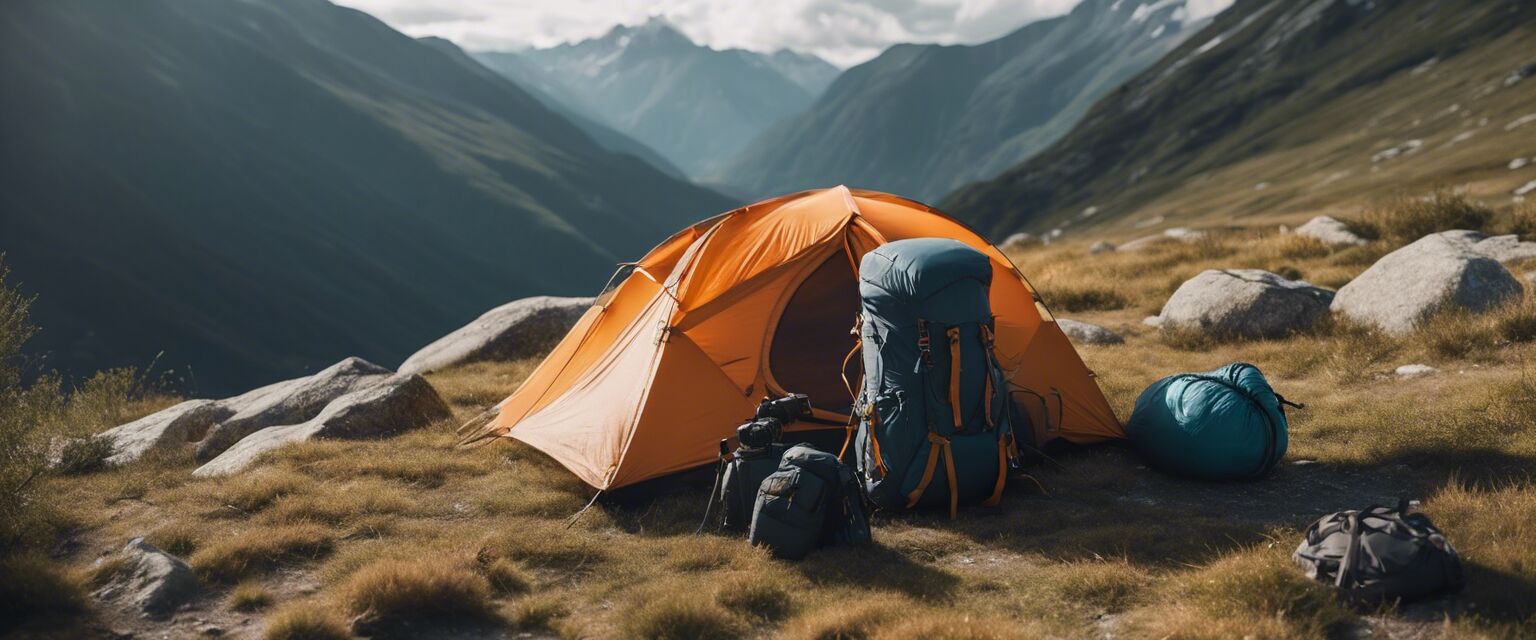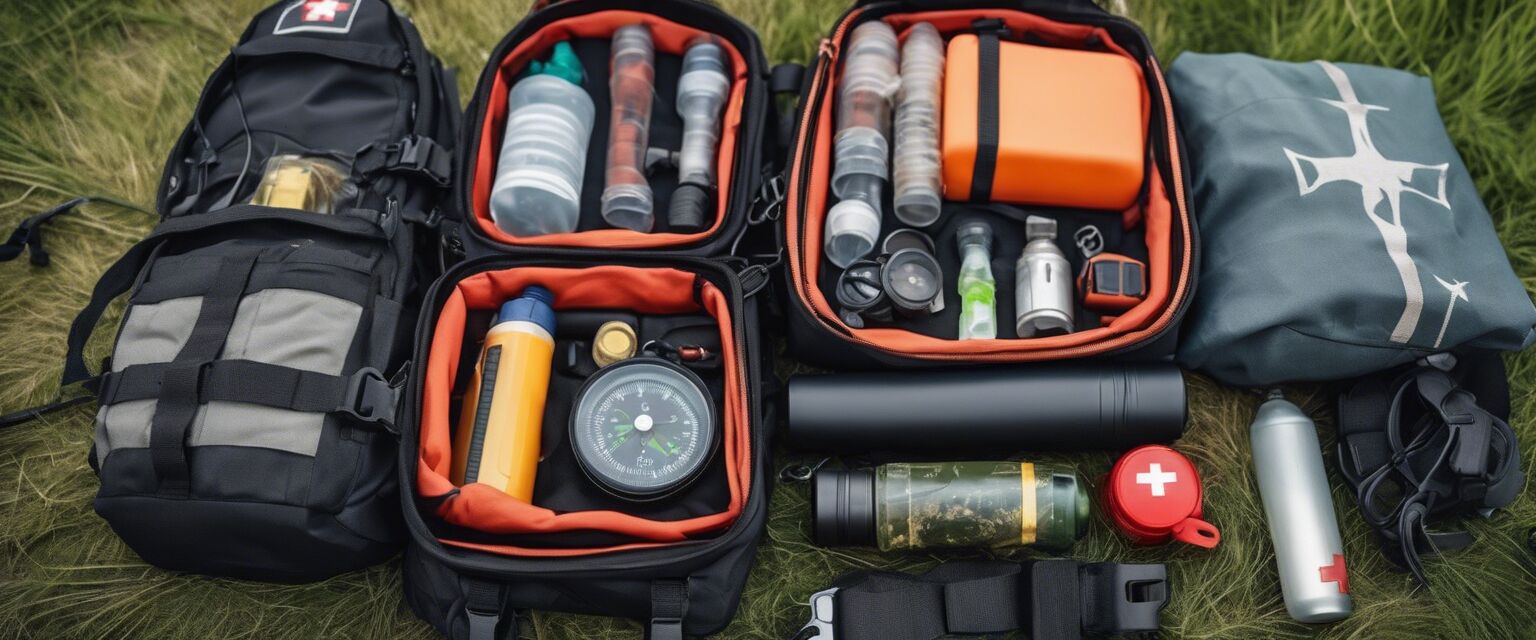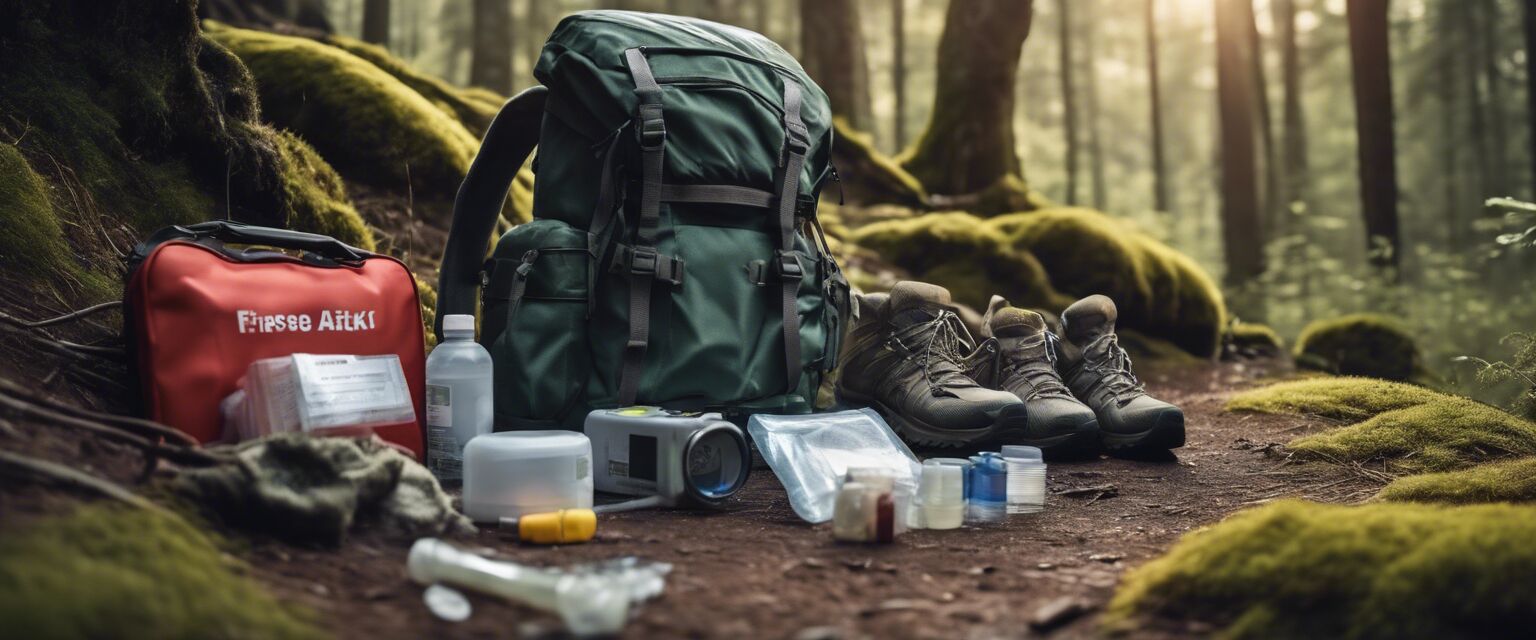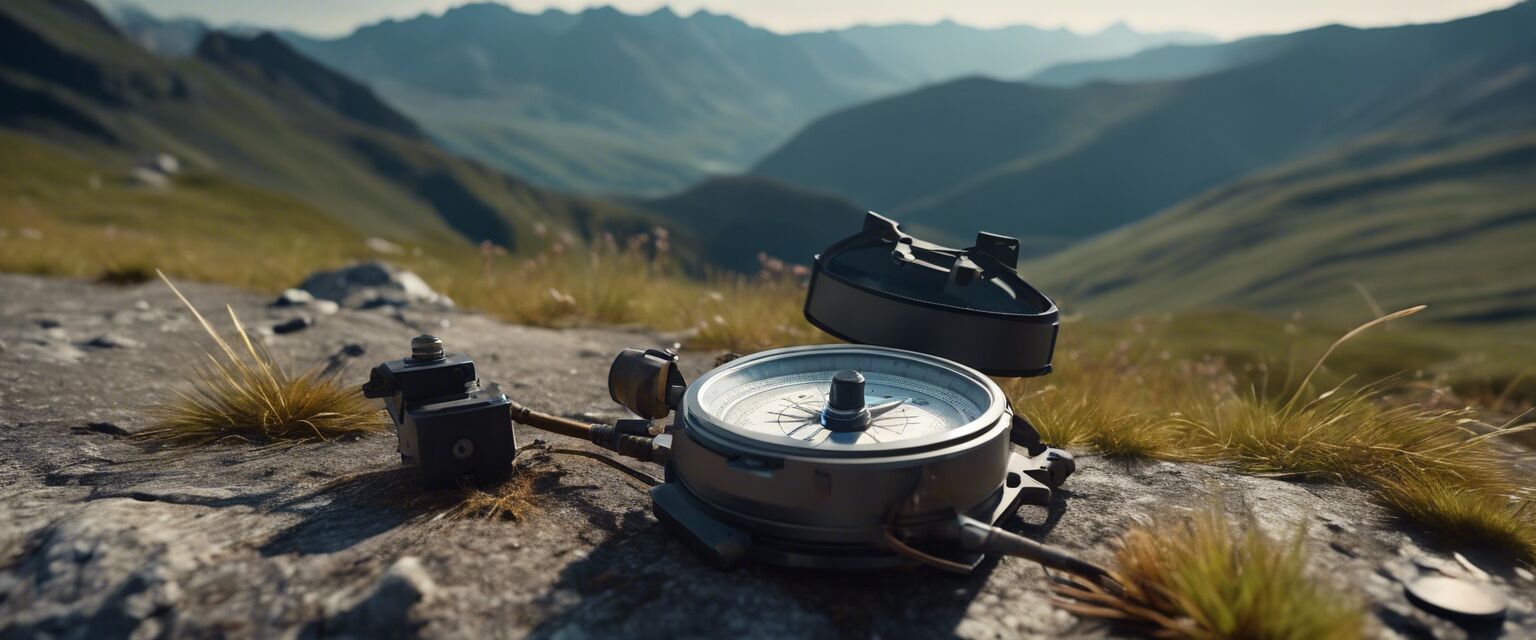
Lightweight Gear: Minimizing Load While Maximizing Utility
When venturing into the great outdoors, it's essential to strike a balance between carrying the right gear and avoiding unnecessary weight. In this article, we'll explore the world of lightweight gear options that will help you minimize your load while maximizing your utility.
Key Takeaways
- Choose gear that serves multiple purposes to reduce overall weight.
- Opt for lightweight materials such as nylon, polyester, and aluminum.
- Consider the 3-season rule: gear should be suitable for spring, summer, and fall.
- Prioritize gear that can be easily replaced or repaired in the field.
Why Lightweight Gear Matters
Carrying a heavy backpack can be exhausting and even dangerous, especially on long hikes or climbs. By opting for lightweight gear, you can conserve energy, reduce fatigue, and enjoy a more comfortable outdoor experience.
| Heavy Gear | Lightweight Gear |
|---|---|
| Increased fatigue | Conserved energy |
| Reduced mobility | Improved agility |
| Higher risk of injury | Lower risk of injury |
Tips for Choosing Lightweight Gear
Backpacks
- Look for backpacks made from lightweight materials such as nylon or polyester.
- Choose a backpack with a comfortable, ventilated design to reduce sweat and fatigue.
- Consider a backpack with multiple compartments to keep gear organized and easily accessible.
Cooking Gear
- Opt for a portable stove or camping grill that's compact and lightweight.
- Choose cooking pots and utensils made from durable, lightweight materials such as aluminum or titanium.
- Consider a cooking set that includes a pot, pan, and utensils in a compact, convenient package.
Benefits of Lightweight Gear
By choosing lightweight gear, you can enjoy a more comfortable, convenient, and enjoyable outdoor experience. Some of the key benefits include:
- Increased mobility and agility
- Reduced fatigue and exhaustion
- Improved overall performance and endurance

Common Challenges of Lightweight Gear
While lightweight gear offers many benefits, it's not without its challenges. Some common issues include:
- Higher cost: lightweight gear can be more expensive than traditional options
- Reduced durability: lightweight materials may not be as durable as heavier options
- Compromised performance: lightweight gear may not perform as well as heavier options in certain situations
Pros
- Increased mobility and agility
- Reduced fatigue and exhaustion
- Improved overall performance and endurance
Cons
- Higher cost: lightweight gear can be more expensive than traditional options
- Reduced durability: lightweight materials may not be as durable as heavier options
- Compromised performance: lightweight gear may not perform as well as heavier options in certain situations
Conclusion
In conclusion, lightweight gear is an essential consideration for any outdoor enthusiast. By choosing gear that serves multiple purposes, opting for lightweight materials, and prioritizing gear that can be easily replaced or repaired in the field, you can enjoy a more comfortable, convenient, and enjoyable outdoor experience.

Explore our selection of navigation tools to help you find your way









